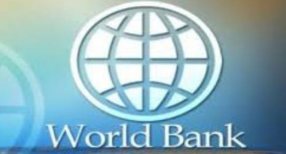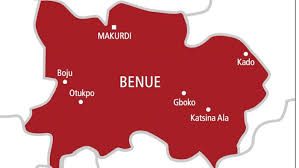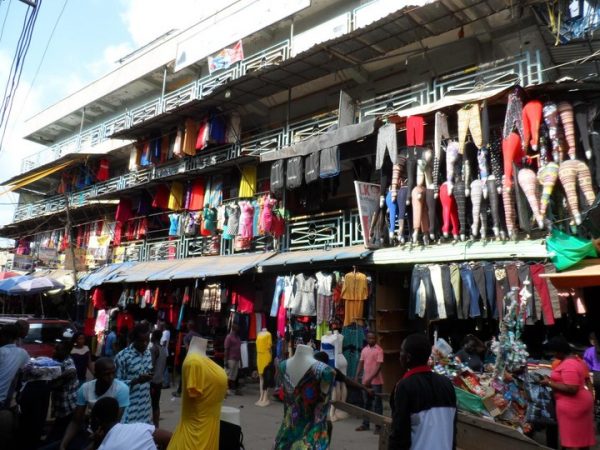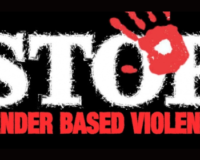The World Bank has lowered its economic growth forecast for Nigeria in 2023 to 3.2 per cent from 3.3 per cent, citing slowdown in global growth, the war in Ukraine and declining demand from China for commodities produced in Africa.
Citing similar conditions, the World Bank also projected that the Sub Saharan African region will record a lower economic growth of to 3.3 per cent in 2022 from 4.1 per cent recorded in 2021.
Consequently, the World Bank called on the governments in the Sub-Saharan African region to urgently implement measures to restore macro-economic stability and protect the poor in a context of slow growth, and high inflation.
The forecasts were contained in the October edition of the World Bank’s Africa’s Pulse, a biannual analysis of the near-term regional macroeconomic outlook, economic growth in Sub-Saharan Africa (SSA).
Highlighting the growth factors for Nigeria’s economy, the World Bank said: “The Nigerian economy is projected to slow in 2023, down to 3.2 percent (from 3.3 percent) and persist at this level the following year. Growth will be supported mainly by the rebound in private consumption prompted mostly by accommodative monetary policy as inflationary pressures subside.
“Private consumption expenditure is forecast to decrease this year and grow next year. This performance will likely continue in 2024.
“On the production side, growth in 2023 will be supported by industry (with growth of 5.1 percent) with the mega-refinery project.”
On its growth forecast for the Sub Saharan African region, the World Bank said: “Economic growth in Sub-Saharan Africa (SSA) is set to decelerate from 4.1% in 2021 to 3.3% in 2022, a downward revision of 0.3 percentage points since April’s Pulse forecast, mainly as a result of a slowdown in global growth, including flagging demand from China for commodities produced in Africa.
“Elevated food prices are causing hardships with severe consequences in one of the world’s most food-insecure regions. Hunger has sharply increased in SSA in recent years driven by economic shocks, violence and conflict, and extreme weather.”







